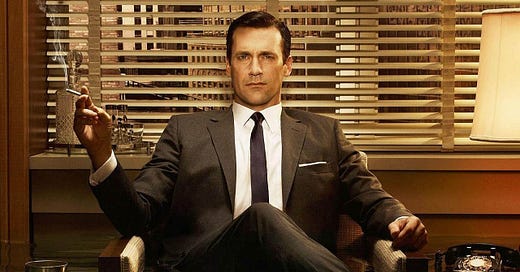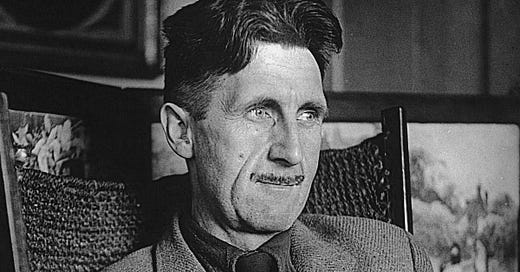
Don't make exhaustion your status symbol - focus on this instead
Exhaustion is a status symbol because it conveys to others that we are working, that we are productive, and that we are contributing to society in some way.
How many people bragged to you today about how busy they are?
The overtime, the nights spent working, the relentless emails — people wear these like medals of honor.
It’s hard not to fall in line with the vogue. Exhaustion is a status symbol because it conveys to others that we are working, that we are productive, and that we are contributing to society in some way.
But none of these are inherent to the term 'exhaustion.’ What does being dog-tired have to do with happiness or success? It seems, instead, that there’s a misalignment of perceptions.
In broadcasting our busyness, we signify to others that our valuable time is also highly coveted by others. “I’m too busy for this” is one way of saying our attention is in too high of demand on balance with the amount of time at our disposal.
This can definitely be the case — life gets busy without us trying to fake busyness. I, like many people, often find myself stretched thin and scrambling to make time for people and activities outside of work and commitments.
While I'm as big an advocate as anyone for working hard, there are ways to do it that are conducive to a more balanced, intentional life. Bragging about how busy you are or telling everyone how tired you are shouldn't be part of the calculus.
As Hannah Rosefield put it in the New Republic:
Today, exhaustion still hints at status, but of a different sort. To say that you’re exhausted is to telegraph that you’re important, in demand, and successful. It’s akin to the humblebrag of ruefully describing yourself as “so busy” — naturally, since exhaustion follows from busyness.
Author and speaker Brené Brown also describes it poetically:
Exhaustion is a status symbol because we desperately want to be seen, we desperately want to belong. We want to believe we’re lovable. In the absence of connection, there is always suffering, so we want to feel connected.
There is merit, naturally, in doing work and working hard. Long hours do very often pay themselves off — they allow for more practice on a job or skill, honing competence, and more rapid improvement.
For many, when they take a vacation, they still check email every hour of the day. They “relax” on the beach with their laptops, as if a moment off-line will result in catastrophe.
I’ve certainly done the same thing. Even during late evenings I have trouble logging off completely. It’s a consequence of hustle culture and also the promise of success. There's little that is productive to be found rationalizing exhaustion.
In one sense, it is optimism that fuels exhaustion — a hope that work will pay off for some better future.
Then, in another sense, it’s a false fantasy that, in hustling to exhaustion, you are being more productive than you would be if you worked “only” an eight-hour day.
One way to mitigate the influence of exhaustion as a status symbol is to specify what you’re striving for — aims, milestones, competence.
What is it, exactly, that you are trying to achieve or acquire?
Hustling for the sake of hustling isn’t as productive as hustling with a specific, achievable goal in mind. Something you can point to and tell yourself and others that’s what you’re working toward. This makes everything concrete, tangible.
Things no longer are done for the sake of tiring yourself out or as a mere metric of energy expenditure.
Another way to counteract the allure of working (and bragging about it) is to schedule in play and relaxation.
Blocking in time for, say, Netflix or video games or walking your dog, can help ease your mind. You won’t feel guilty from indulging in things you like to do.
Give yourself start- and end-times for things that are unrelated to work. Build a schedule that includes all your favorite things, each with voluntary parameters. This can relieve the sense of feeling rushed, and organize your perceptions around work and productivity.
Let go of exhaustion as a status symbol and an indicator of self-worth. You aren’t defined by how few hours of sleep you get, nor are you defined by the amount of overtime hours you put in.
I wrote a bestselling book in a year while working full-time as a journalist. Learn more on Amazon.
Photo by Siva Adithya on Pexels.com










